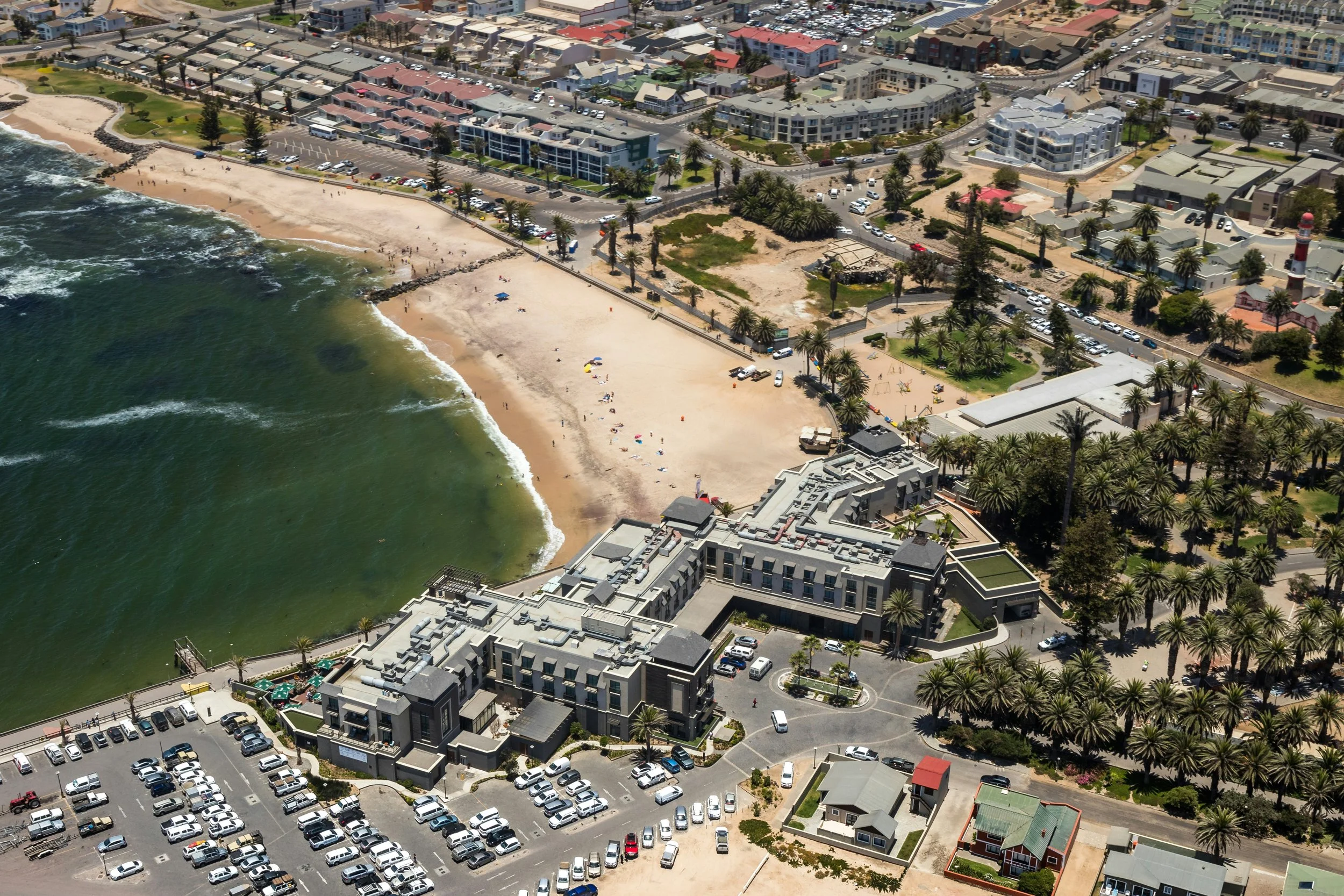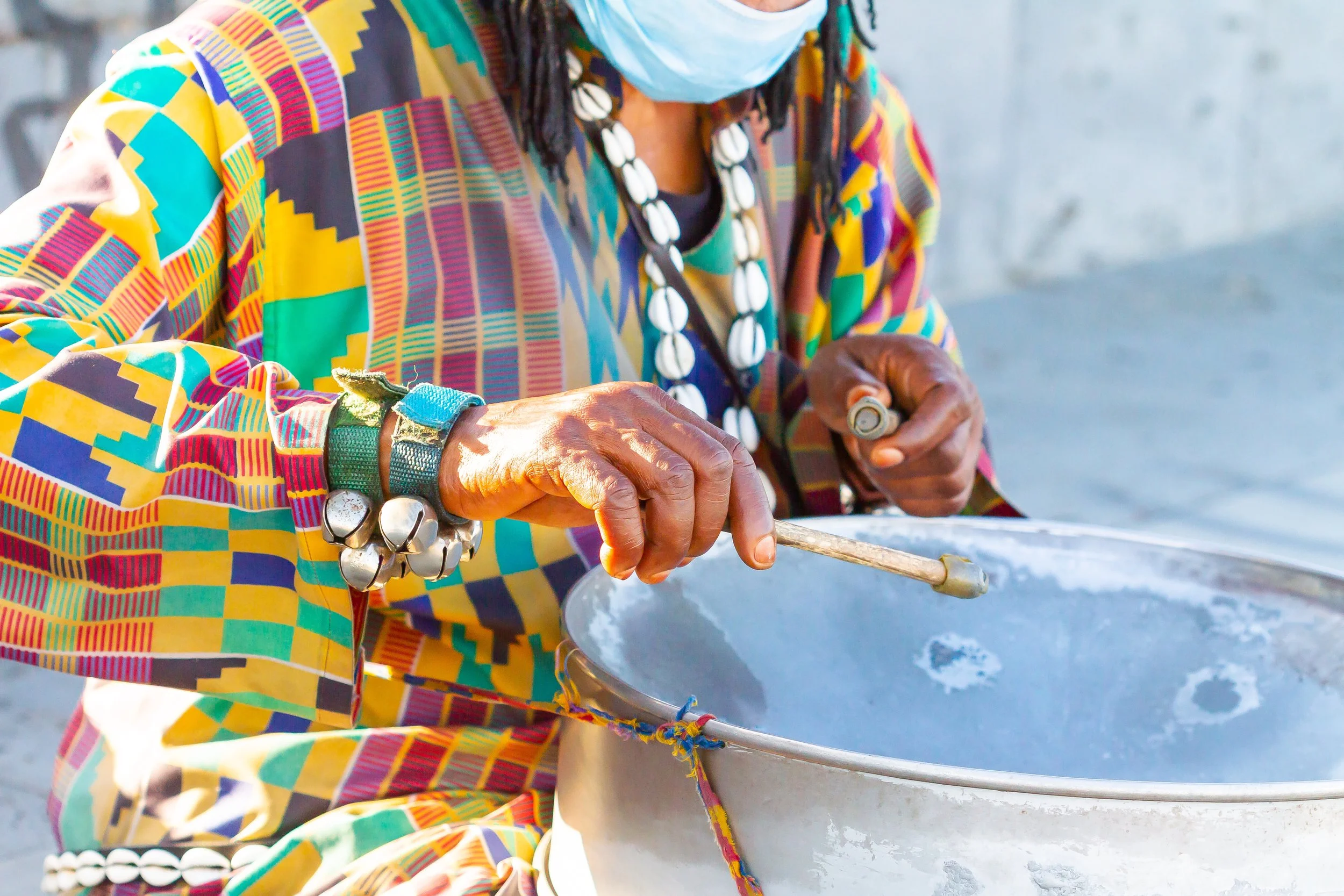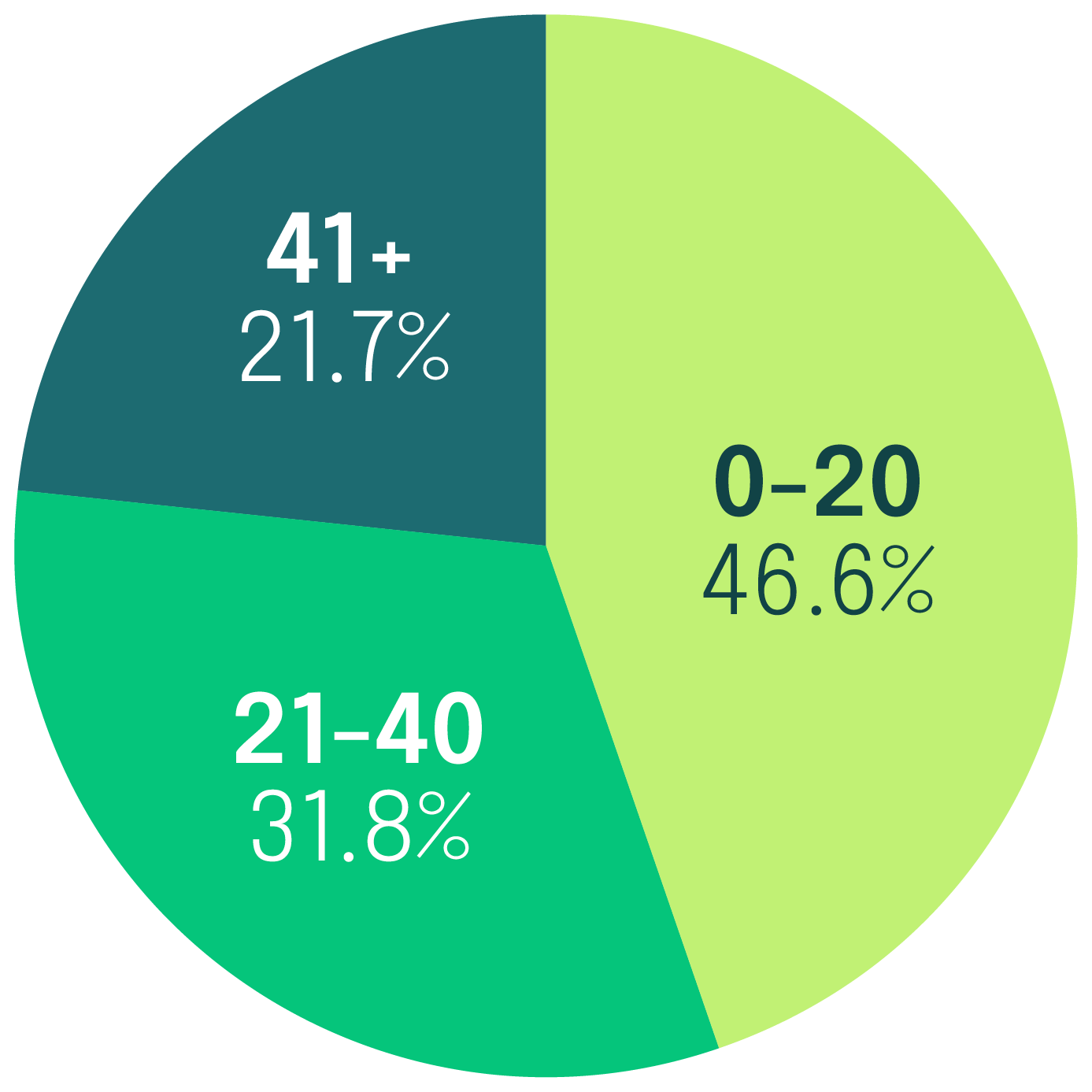RECORDED MUSIC INDUSTRY OVERVIEW
Namibia
Africa
Potential of Recorded Music
MEDI aims to highlight music’s potential as a global tool to reduce poverty and drive economic growth by estimating its worldwide value. This includes projecting how that value could increase if every country had supportive institutions in place, such as appropriate legislation, infrastructure, and policies, and if music achieved full market penetration. We are currently collecting data in each country to support this analysis.
Coming soon
Coming soon
Coming soon
Local Impact
Over time, MEDI will conduct country-level economic and social impact assessments to better understand how to unlock sustainable growth within national music ecosystems.
Coming soon
Coming soon
Coming soon
Coming soon
Coming soon
Coming soon

Socioeconomic Indicators
EXPLANATORY NOTES: Data via UN Population Fund (UNFPA). Accessed 24/10/2024. 2024 estimate based on UNFPA World Population Prospects 2022 data.
2,645,805
EXPLANATORY NOTES: Data via World Bank Development Indicators database. Accessed 24/10/2024.
$29,944
EXPLANATORY NOTES: Data via World Bank, using national accounts data, and OECD National Accounts data files. Accessed 02/04/2025.
$4,168.29
4.16%
EXPLANATORY NOTES: Data via World Bank, using national accounts data, and OECD National Accounts data files. Accessed 01/04/2025.
EXPLANATORY NOTES: Data via World Bank, Poverty and Inequality Platform. Accessed 19/09/2024.
59.1%
EXPLANATORY NOTES: Data via IMF World Economic Outlook. Accessed 01/04/2025.
3.8%
EXPLANATORY NOTES: Data via US Census Bureau International Database (IDB). Accessed 01/04/2025.
EXPLANATORY NOTES: Data via World Bank, using United Nations Population Division database. Accessed 24/10/2024.
54.89%
EXPLANATORY NOTES: Data via CIA World Factbook. Accessed 04/11/2024.
19.42%
EXPLANATORY NOTES: Data via CIA World Factbook. Accessed 04/11/2024.
38%
EXPLANATORY NOTES: Poverty rate at $2.15 a day (2017 PPP) (% population). Data via Poverty and Inequality Platform, The World Bank. Accessed 16/04/2025.
15.62%
EXPLANATORY NOTES: Data via International Telecommunication Union (ITU) DataHub. Accessed 31/03/2025.
62.20%
EXPLANATORY NOTES: Data via World Bank Global Financial Inclusion Database. Accessed 01/04/2025.
42.62%
EXPLANATORY NOTES: Data via World Bank Global Financial Inclusion Database. Accessed 01/04/2025.
13.25%
EXPLANATORY NOTES: Data via Cable.co.uk. Accessed 01/10/2024.
$1.20

Industry Infrastructure
Collective Management Organisations
Authors & Publishers
Performers
None
Producers
None
Voluntary Joint Ventures & Umbrella entities for licensing users
None
Associations
Music Authors
None
Music Publishers
None
Music Performers
None
Sound Recording Producers/Labels
None
Other
Music Export Office
None
Joint Industry Body
None
Policies
Culture Policy/Strategy
Music Policy/Strategy
None
Legal Framework
Digital and Performance Rights Treaties
Other Treaties
National Copyright Legislation
National Treatment
-
Namibia protects works of foreign authors who are domiciled or reside in or are a body incorporated in Namibia, works first published in Namibia or first published in another country and simultaneously published in Namibia within 30 days, and in accordance with treaties Namibia is a party.
Qualifying foreign authors enjoy protection concerning reproduction and performance rights. -
Sound recordings are protected as works in Namibia, therefore, the same eligibility criteria as for works apply to sound recordings (phonograms).
Namibia protects the rights of foreign performers if their performances (a) take place, (b) are broadcast, or (c) are first fixed in Namibia or a member country of the Rome Convention, which by law grants in its territory similar rights to performers in respect of their performances in Namibia.
Qualifying foreign producers of phonograms enjoy protection concerning reproduction, distribution and performance rights. Qualifying performers enjoy protection concerning reproduction and distribution rights. -
“National Treatment” refers to the assimilation of the treatment of foreign right holders to that of domestic right holders. It is a basic rule of most international conventions and mandates that foreign rights holders from contracting countries must receive the protection within any other contracting country as that country grants to its own nationals, ensuring equal rights under the scope of the relevant convention.
General national treatment obligations are set out in Article 5 of the Berne Convention and Article 2 of the Rome Convention, providing that the members of respective conventions must grant to each other’s nationals the rights provided in the convention. Berne Convention also extends the national treatment to “the rights which their respective laws do now or may hereafter grant to their nationals,” while Rome Convention members are not obliged to extend national treatment to the rights of performers and producers of phonograms which are accorded under their national law over and above the rights enshrined in the Rome Convention.
The criteria for eligibility for protection are provided in Article 3 of the Berne Convention and Articles 4 and 5 of the Rome Convention. With regards to national treatment of producers of phonograms, members of the Rome Convention may reserve the right not to apply either the criterion of fixation or that of publication of the phonogram.
As per WIPO, the total number of members to the key treaties above is as follows:
Berne Convention: 181 Members
Rome Convention: 98 Members
WIPO Copyright Treaty: 118 Members
WIPO Performances and Phonograms Treaty: 114 Members
TRIPS Agreement: 166 MembersThis is a high-level overview concerning national treatment of music authors, performers and producers of phonograms; for comprehensive and detailed provisions, refer to the laws of each country. The overview:
1) details only the criteria applicable to foreign rights holders, without including the broader set of qualification rules for domestic protection that do not concern them,
2) is limited to performance rights and digital exploitation of recorded music, including works and other protected objects:
- “Performance rights” include radio and TV broadcasting, public performance, and communication to the public,
- “Digital exploitation” includes reproduction rights, distribution rights, communication to the public and making available rights.
The term "based on reciprocity" used in the overview for some countries means that Country A will protect the works of authors or other right holders who are nationals of Country B that is not a member of treaties Country A is a party to, and whose works or other protected objects were first published outside of Country A, only if Country B offer similar copyright protection to Country A’s authors or other rights holders and works and other protected objects respectively first published in Country A.
The term "treaty" in the overview includes conventions and international agreements.
Music Consumption
Domestic Repertoire Quotas
Yes
There is a domestic repertoire quota for broadcasters, which varies depending on the broadcaster type.
Radio broadcasters must ensure that local content music constitutes 15% of all their music broadcast annually.
Commercial television broadcasters must ensure that local content programs constitute 10% of all programmes broadcast annually.
Community television broadcasters must ensure that local content programs constitute 15% of all programmes broadcast annually.
Relatedly, subscription television broadcasters must ensure that 4.5% of their annual channel and content acquisition costs, as incurred in their most recent completed financial year, are expended on the acquisition or development of local content.
The full text of the quotas may be found in Section 27 through 31 of the Broadcasting Code for Broadcasting Licensees issued in terms of Section 89 of the Communications Act, 2009.
Digital Streaming Services
GLOBAL STREAMING SERVICES
REGIONAL STREAMING SERVICES
DOMESTIC STREAMING SERVICES
Key Risks and Opportunities
Risks
While economic growth is stable, the combination of a small population, high unemployment—particularly among youth—and significant income inequality limits disposable income and constrains the potential market for paid music content and services. This makes reliance on the domestic market a notable risk.
High mobile data costs might be a barrier to frequent access to online streaming services, impacting consumption.
The absence of collective management for performers' and producers' rights, along with non-adherence to key international neighbouring rights treaties, represents a significant gap. It complicates international collaboration, cross-border royalty collection, and the comprehensive protection of rights.
Opportunities
Relatively high GDP per capita (nominal) and GDP growth rate indicate greater potential for disposable income and consumer spending on entertainment, including music.
High internet penetration means that a substantial portion of the population has access to online platforms. Coupled with growing mobile money usage, this provides a good foundation for digital music consumption.
The availability of global, regional and local streaming services signifies an established digital music consumption habit and a competitive streaming market, offering Namibian artists a pathway to reach wider audiences.












